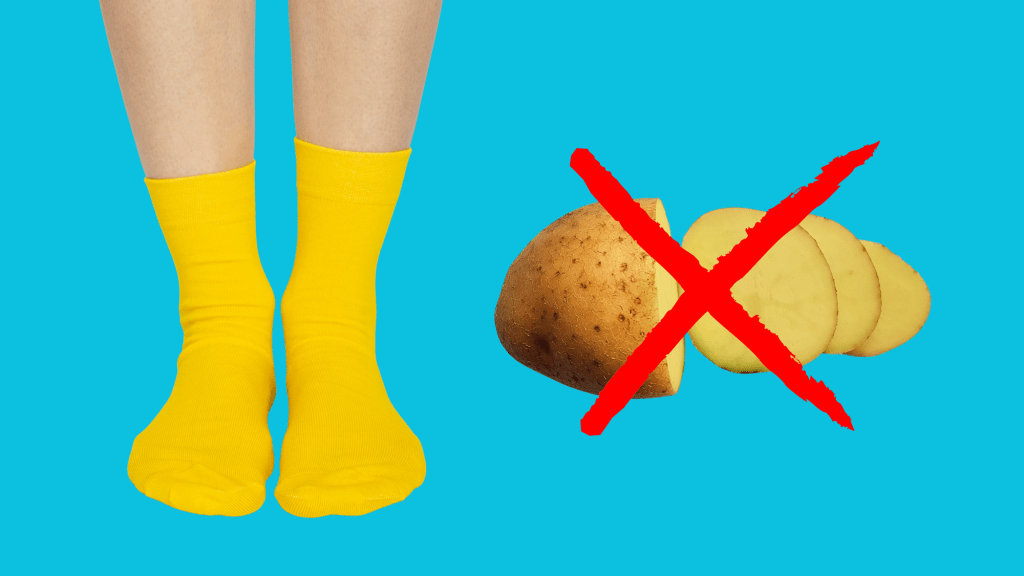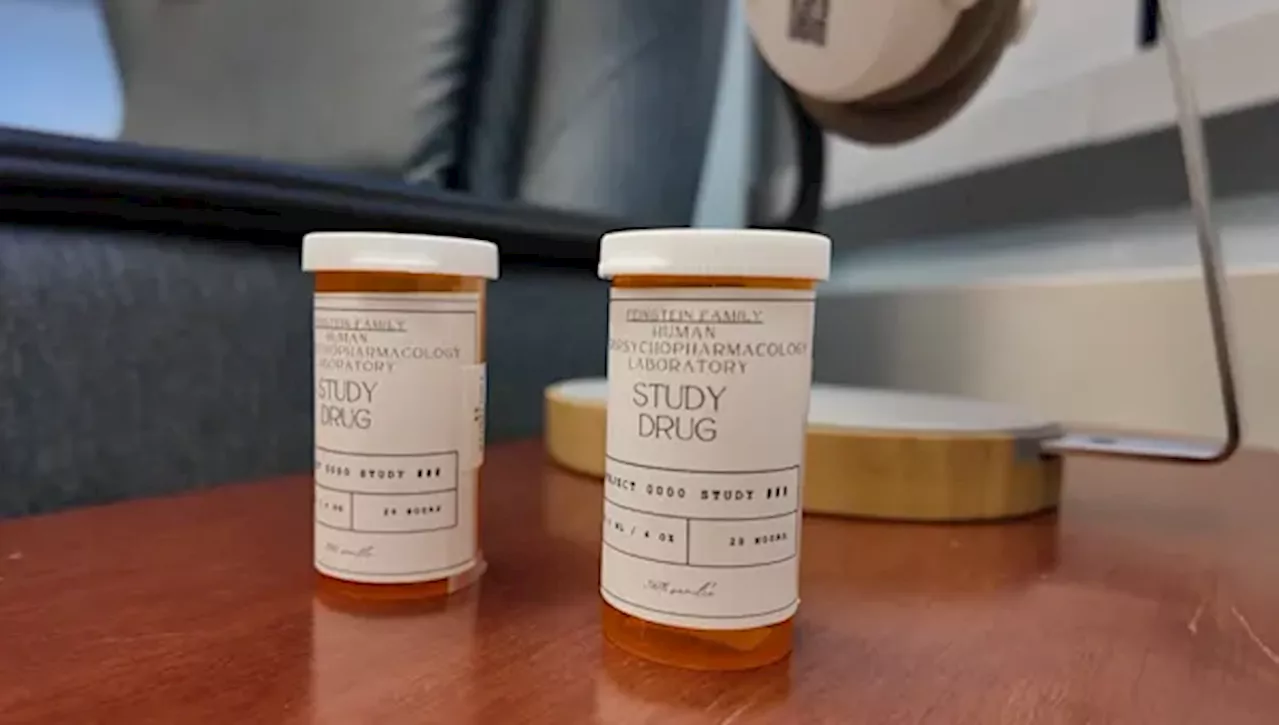Every cold and flu season, a peculiar home remedy resurfaces in various online platforms: the idea that placing sliced raw potatoes in your socks overnight can cure a cold. This claim has caused confusion and concern, prompting health experts to clarify that there is no scientific basis for such a practice.
While individuals may feel encouraged by this unconventional approach, the reality is stark; the notion that potatoes can draw out toxins from the body is unfounded. As cold symptoms can naturally peak and then subside, attributing recovery to a potato is misleading.
Joanna Parga-Belinkie, a spokesperson for the American Academy of Pediatrics, voiced her frustration in a recent interview with the Washington Post. She emphasized that the belief in a potato’s ability to absorb illness is nothing short of “magical thinking.” Parga-Belinkie stated, “A virus being ‘drawn’ through your blood into a potato is not medicine; it’s not a cure, it’s simply irrational.”
Understanding the Science Behind the Claims
The process of a potato turning dark after being left in a sock is often misinterpreted. The discoloration occurs due to the oxidation of starch and iron when exposed to oxygen, not because the potato is somehow absorbing illness. This misunderstanding may lead individuals to mistakenly believe they are expelling sickness from their bodies.
Despite anecdotal reports of feeling better after using this remedy, it is essential to recognize the role of the placebo effect. Symptoms of a cold typically peak around day three or four and begin to diminish by day five, independent of any home remedies.
Experts highlight the importance of relying on proven medical treatments rather than unconventional methods. The real risk lies in individuals placing their trust in unverified remedies instead of seeking appropriate medical care.
The Importance of Evidence-Based Medicine
While the act of placing a potato in one’s sock poses no physical harm, it diverts attention from effective treatments available for managing cold symptoms. Health professionals urge individuals to consult with qualified providers who can offer evidence-based care.
As the world moves closer to 2026, it is crucial for individuals to prioritize scientific understanding over folklore. The persistence of such myths underscores the need for ongoing education on health matters.
In conclusion, while the potato sock remedy may seem harmless, it is essential to foster a deeper understanding of how to treat illnesses effectively. Emphasizing proven methods over unfounded beliefs can lead to better health outcomes for everyone.







